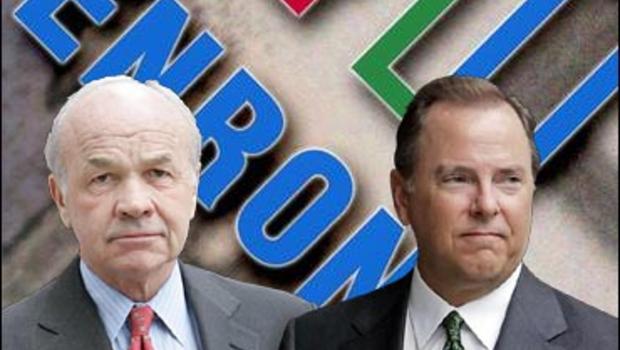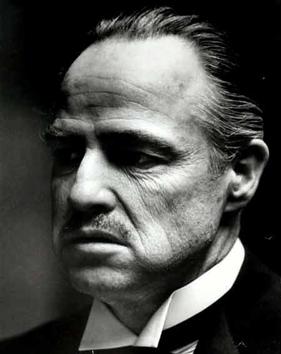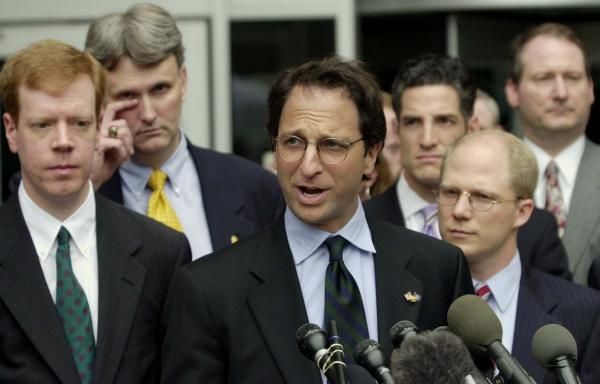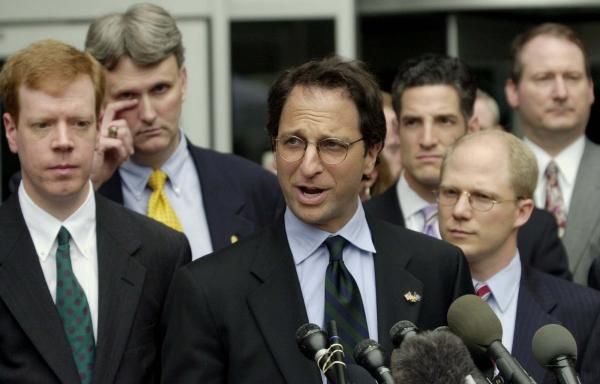 Already having engaged in intimidation of witnesses and dubious plea-bargaining tactics, the Enron Task Force is showing signs of becoming desperate regarding its legacy case.
Already having engaged in intimidation of witnesses and dubious plea-bargaining tactics, the Enron Task Force is showing signs of becoming desperate regarding its legacy case.
The Enron Task Force has now done a 180 in regard to its position toward Arthur Andersen and its former partners in connection with its legacy case against former Enron executives Ken Lay, Jeff Skilling and Richard Causey.
After having demonized the firm, prosecuted it out of business, and alleged that its partners were co-conspirators in a number of Enron-related prosecutions, the Task Force is now embracing several former Andersen partners as prosecution witnesses in the Lay, Skilling, Causey case and justifying that reliance on the Task Force’s apparently recent realization that Enron duped Andersen just like everyone else. For Andersen, the Task Force’s revisionist position regarding the firm falls squarely in the “better late than never” department.
Now, this John Emshwiller/Wall Street Journal ($) article and this Chronicle/John Roper article reveal further signs of strain in the Task Force’s case against Mr. Lay.
Although the Task Force’s filing has not yet been uploaded on the public docket of the case (the Task Force, as a part of its propaganda campaign in Enron-related prosecutions, often leaks its filings to reporters before they are filed publicly), Mr. Emshwiller reports that the Task Force filing advises the court and the parties that it intends to go into Mr. Lay’s knowledge of potential losses relating to a trading scandal in the late 1980’s that could have brought the much-smaller Enron down at the time.
Inasmuch as the indictment against Mr. Lay contends that he tried in the latter part of 2001 to cover up Enron’s growing financial problems, the Task Force is contending that Mr. Lay’s alleged similar conduct in regard to the trading scandal 14 years earlier is probative evidence of his guilt.
U.S. District Judge Sim Lake has not yet ruled whether he is going to allow the Task Force to go down that bunny trail during the trial.
Meanwhile, a perusal of the case docket reflects that the Lay-Skilling-Causey team is preparing to present an impressive array of expert witnesses in defense of the Task Force’s amorphous allegations of wrongdoing in regard to Enron’s accounting, structured finance transactions, earnings management and related matters that form the basis of the Task Force’s indictment against Messrs. Lay, Skilling and Causey.
On the other hand, other than an SEC representative and the Andersen partners who the Task Force demonized earlier, there is little indication from the docket on how the Task Force plans to establish its core theory that Enron’s legitimate business operations were a sham that Messrs. Lay, Skilling and Causey misrepresented to the investing public.
Messrs. Lay, Skilling and Causey will never win their criminal case in the court of public opinion that has been polluted by the slanted public statements of the Task Force and the mostly one-sided mainstream media accounts of the Enron scandal. However, assuming that a fair jury panel can be found, the foregoing developments represent clear signals that these men have a much better chance of winning their case in the courtroom.









 The Chronicle’s Mary Flood, who has done a fine job of covering the Enron case for the local newspaper, interviews
The Chronicle’s Mary Flood, who has done a fine job of covering the Enron case for the local newspaper, interviews 
 In what appears to be a questionable ruling, former Enron CEO and COO
In what appears to be a questionable ruling, former Enron CEO and COO